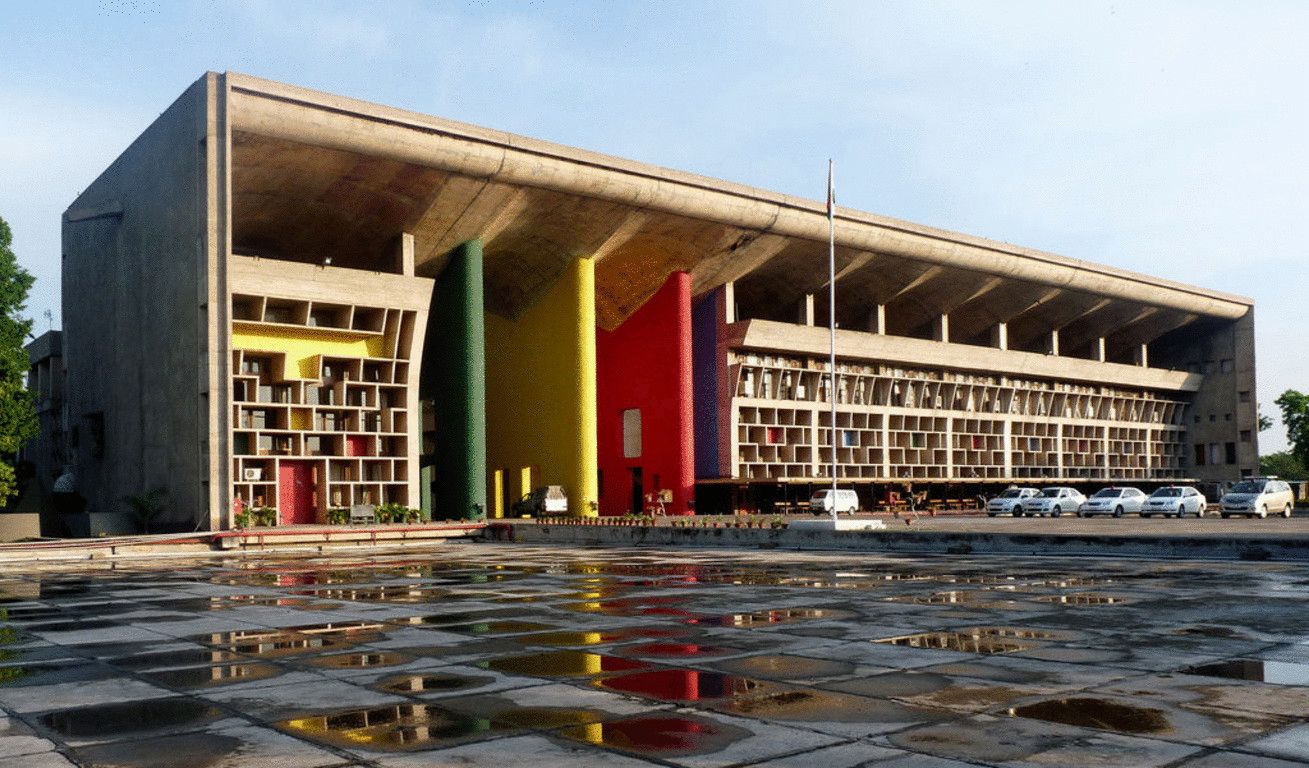Punjab & Haryana High Court sets aside acceptance of cancellation report in bribery settlement case, directs rehearing of victims

Case Name: Jitender v. State of Haryana & Others
Date of Judgment: October 08, 2025
Citation: CRM-M-28395-2025
Bench: Hon’ble Mr. Justice Jasjit Singh Bedi
Held: The Punjab & Haryana High Court set aside the order dated April 9, 2025, passed by the Additional Sessions Judge-I, Charkhi Dadri, accepting the cancellation report in a corruption and extortion case and remanded the matter for fresh consideration. The Court held that the cancellation report was accepted without issuing notice to the aggrieved persons and without due application of mind. It reiterated that victims have a vested right to be heard during such proceedings, citing Bhagwant Singh v. Commissioner of Police (1985) 2 RCR (Criminal) 259 and Jagjeet Singh v. Ashish Mishra (2022) 2 RCR (Criminal) 788.
Summary: The case originated from FIR No.136 dated July 19, 2022, registered against the petitioner Jitender under Sections 376 and 506 IPC at Police Station Baund Kalan. The prosecutrix Kajal retracted her allegations during her statement under Section 164 Cr.P.C., leading to a corruption complaint alleging that ₹12 lakh had been paid by Jitender’s family to police officials and an advocate to secure the settlement. Based on this, a second FIR No.205 dated November 14, 2023, was registered under Sections 7 and 13 of the Prevention of Corruption Act and Sections 384, 389, and 34 IPC against the SHO, ASI, and others.
A cancellation report in the second FIR was submitted by DSP Subhash Chander, Badhra, and accepted by the Additional Sessions Judge on the same day, without notice to Jitender or his father, who were the complainants in the corruption case. Jitender sought quashing of the acceptance order and requested the constitution of an SIT to reinvestigate the matter.
Justice Jasjit Singh Bedi held that the trial court erred in accepting the cancellation report without hearing the affected persons and without analyzing the evidence, including the statements of the bribe payers recorded under Section 161 Cr.P.C. The Court emphasized that while Bhagwant Singh mandates notice to the first informant, in discretionary cases the court must also notify victims or aggrieved parties to ensure procedural fairness. The judgment further relied on Rajpal v. State of Haryana (CRR No.871 of 2011) to underscore that a court must not act as a “post office” while accepting a cancellation report but must independently evaluate all materials.
Decision: The High Court set aside the order dated April 9, 2025, and remanded the case to the trial court for fresh adjudication on merits after hearing the victims/aggrieved persons and examining all material evidence. It directed the lower court to decide the matter afresh in accordance with law.